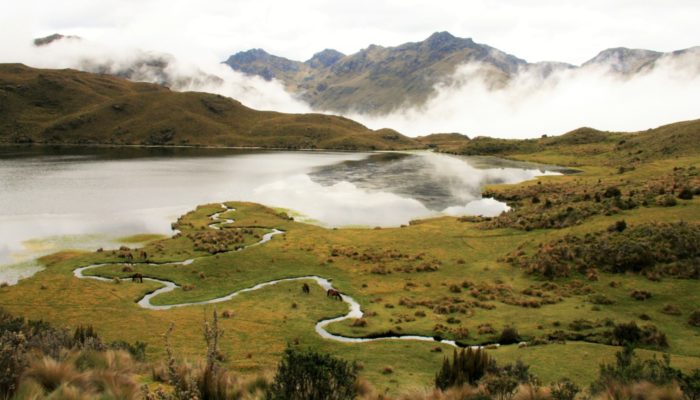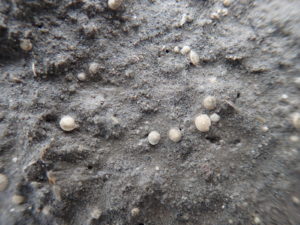
The deadline for vEGU21 abstract submission is getting closer and you are still wondering where to submit your abstract before January 13? Why not try one of the stable isotope sessions of BG2 – Methods in Biogeosciences:
With Stable isotopes and novel tracers in biogeochemical and atmospheric research (Co-organized by BG2.2/AS4) Getachew Adnew, Jan Kaiser, Alexander Knohl and Lisa Wingate) call for contributions in biogeochemistry and ecology using stable isotope techniques. Like for Application of Stable Isotopes in Biogeosciences (BG2.1, co-convened by Michael E. Böttcher, Kirstin Dähnke, Gerd Gleixner and Nikolaus Gussone), the focus is on stable isotopes of light elements, but contributions on e.g. clumped isotopes, theoretical and modelling studies are also welcome. How to obtain and preserve high quality isotope data (Co-organized by BG2.4/CL5.1/HS13, co-convened by Sergey Assonov, David Soto, Yuliya Vystavna, Philip Dunn and Grzegorz Skrzypek) calls for contributions using stable and radio isotopes and attention to data quality and thorough reporting.
Focused on the application and interpretation of stable isotope analysis for tracing fluxes of water and associated nutrients, Stable isotopes to study water and nutrient dynamics in the soil-plant-atmosphere continuum (Co-organized by HS10.6/BG2/SSS11, co-convened by Natalie Orlowski, Adrià Barbeta, Josie Geris and Jana von Freyberg) will explore rapidly advancing method development and process interpretations of stable isotopes in the critical zone.

Picture by Guilhem Amin Douillet (distributed via imaggeo.egu.eu, https://imaggeo.egu.eu/view/12313/)
While Advances in geochemical proxy development and application: from biomineral archives to past global changes (Co-organized by BG2.8/CL5.1/OS3/SSP1, co-convened by Hana Jurikova and Michael Henehan) focuses on skeletal components of marine or aquatic organisms as natural archives of environmental change. This session invites contributions from experimental and field studies using new isotopic and elemental proxies, petrographic and crystallographic approaches in the context of palaeo-proxy development and reconstructions of past global changes.
Blogpost written by Alexandra Rodler
